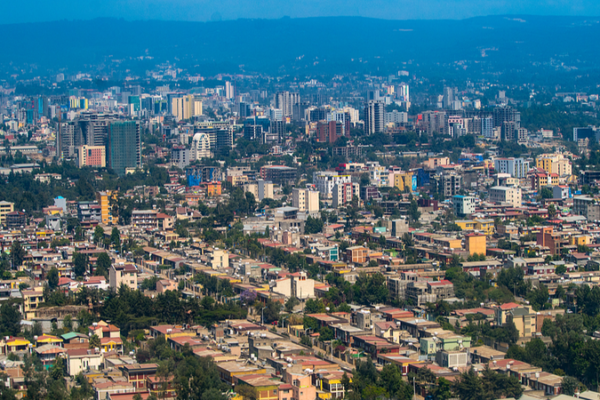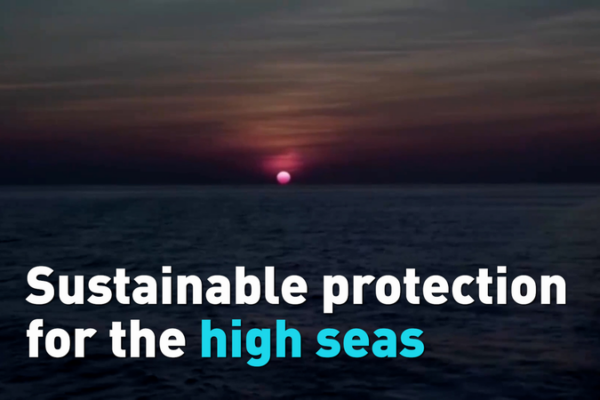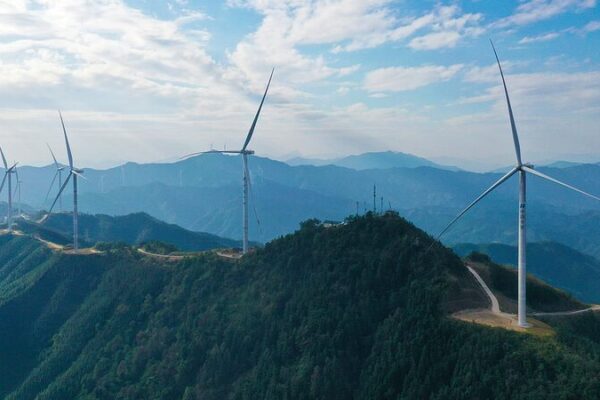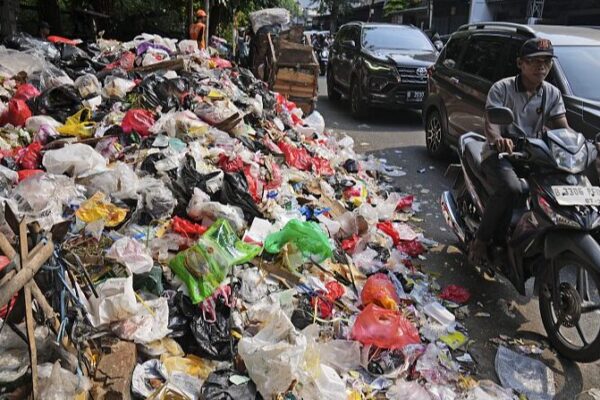
South Africa Sees 16% Drop in Rhino Poaching in 2025
South Africa reports a 16% decline in rhino poaching in 2025, attributing the drop to enhanced anti-poaching efforts and regional collaboration.
News & Insights Across Asia

South Africa reports a 16% decline in rhino poaching in 2025, attributing the drop to enhanced anti-poaching efforts and regional collaboration.

China updates nature reserve regulations to enhance ecological protection and sustainable development, effective March 2026. New policies aim to balance conservation with economic growth.

Ethiopia enforces a nationwide ban on single-use plastic bags to combat pollution, with fines for violations and mixed public reactions.

The closure of Czechia’s last deep coal mine marks the end of a 250-year industrial era, driven by shifting energy markets and environmental priorities.

The UN High Seas Treaty enters force in 2026, establishing protections for two-thirds of global oceans beyond national jurisdictions, following 20 years of negotiations.

China implements new ecological monitoring regulations effective January 2026, standardizing environmental data collection and enhancing climate governance frameworks.

China’s revised Fisheries Law, effective May 2026, emphasizes sustainable aquaculture and stricter resource management to balance economic growth with marine conservation.

China’s 2025 draft environmental code emphasizes international collaboration in marine conservation, polar research, and desertification control to address climate challenges.

Beijing implements eco-friendly snow removal using machinery and manual labor, reducing chemical use while maintaining city operations during winter.
Greece struggles with record food waste despite economic hardships, highlighting a growing EU sustainability challenge as households and policymakers seek solutions.

Global leaders adopt 11 environmental resolutions at UNEA-7, targeting climate change, biodiversity loss, and pollution through international cooperation frameworks.

President Trump signs executive order to reinstate plastic straws, reversing Biden administration’s plan to phase out single-use plastics by 2027.

New Zealand announced a new climate target under the Paris Agreement, aiming to reduce emissions by 51 to 55 percent by 2035 compared to 2005 levels, reinforcing its commitment to global climate action.

China’s Ministry of Ecology and Environment released documents on building a “Beautiful China,” including guidelines for pilot projects and plans for constructing “Beautiful Urban Areas” and “Beautiful Rural Areas.”

Recent changes to the U.S. Endangered Species Act raise concerns about the future of global wildlife protection and conservation efforts.

After two years of negotiations, UN members failed to agree on a global plastics treaty, with U.S. withdrawal of support over mandatory caps on plastic production causing a major setback.

China is emerging as a key player in reshaping global sustainability efforts, leveraging its economic power and technological innovations to drive green development worldwide.

As the December 1 deadline for a global plastics treaty nears, UN talks face obstacles amid criticisms over leniency on plastic production limits.

Kenya plans to establish a carbon market, enabling trading of emission reduction units, offsets, and mitigation outcomes, enhancing climate action and sustainable economic growth.

China has unveiled an action plan to reduce food loss and waste by 2027, aligning with the UN goal of halving global food waste by 2030.